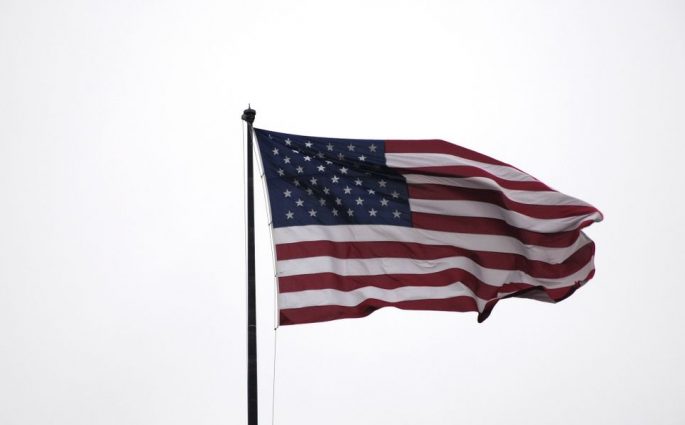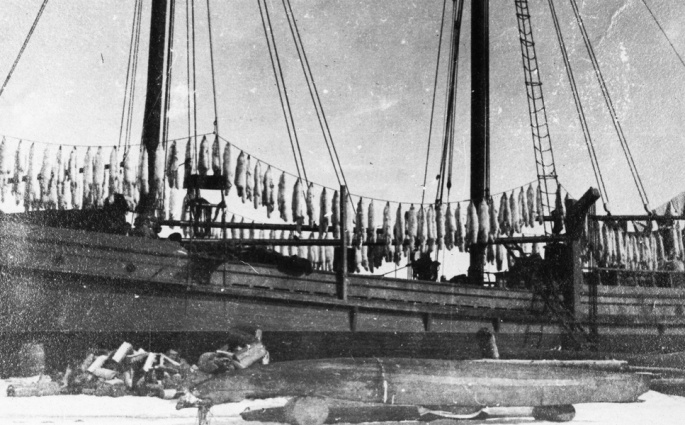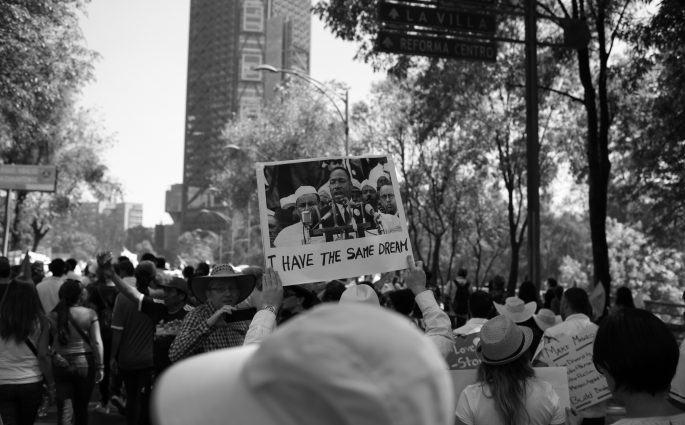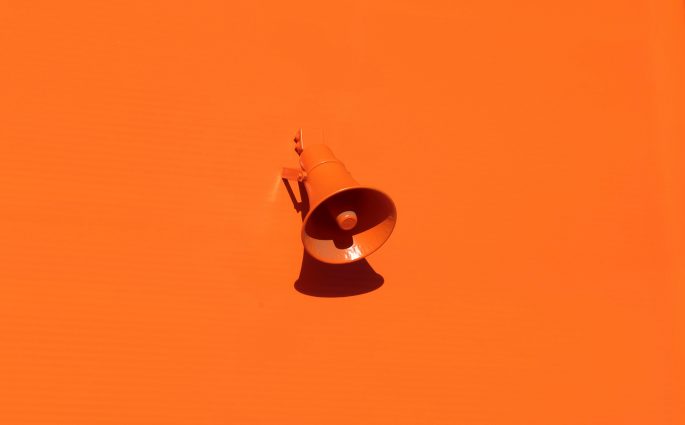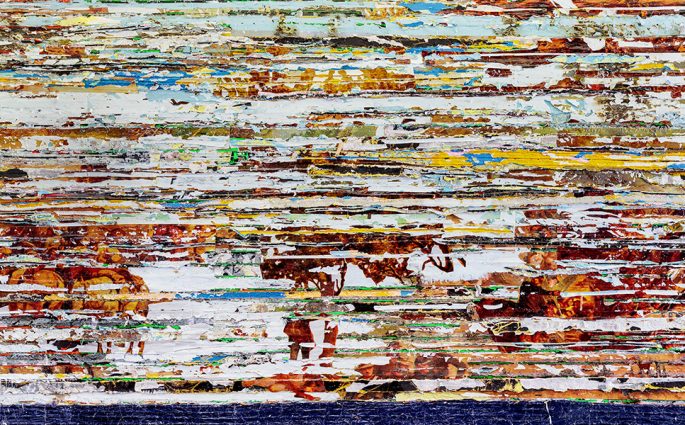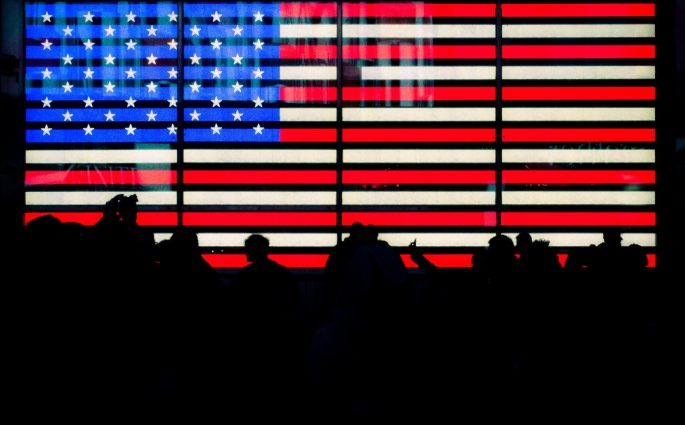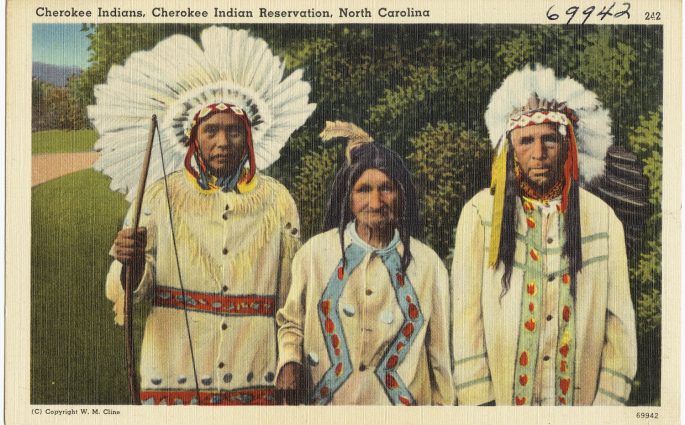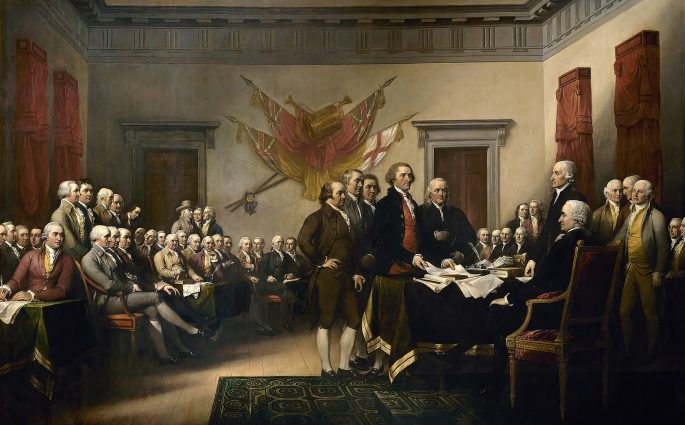What Happened to Enlightenment?
Caroline Winterer— What happened to enlightened ideas after the long eighteenth century? As more scholars are placing ideals of enlightenment in their global contexts, we are learning that the conventional understandings of the fate of enlightenment no longer hold. Enlightenment did not end with the movement called Romanticism, its ideals



